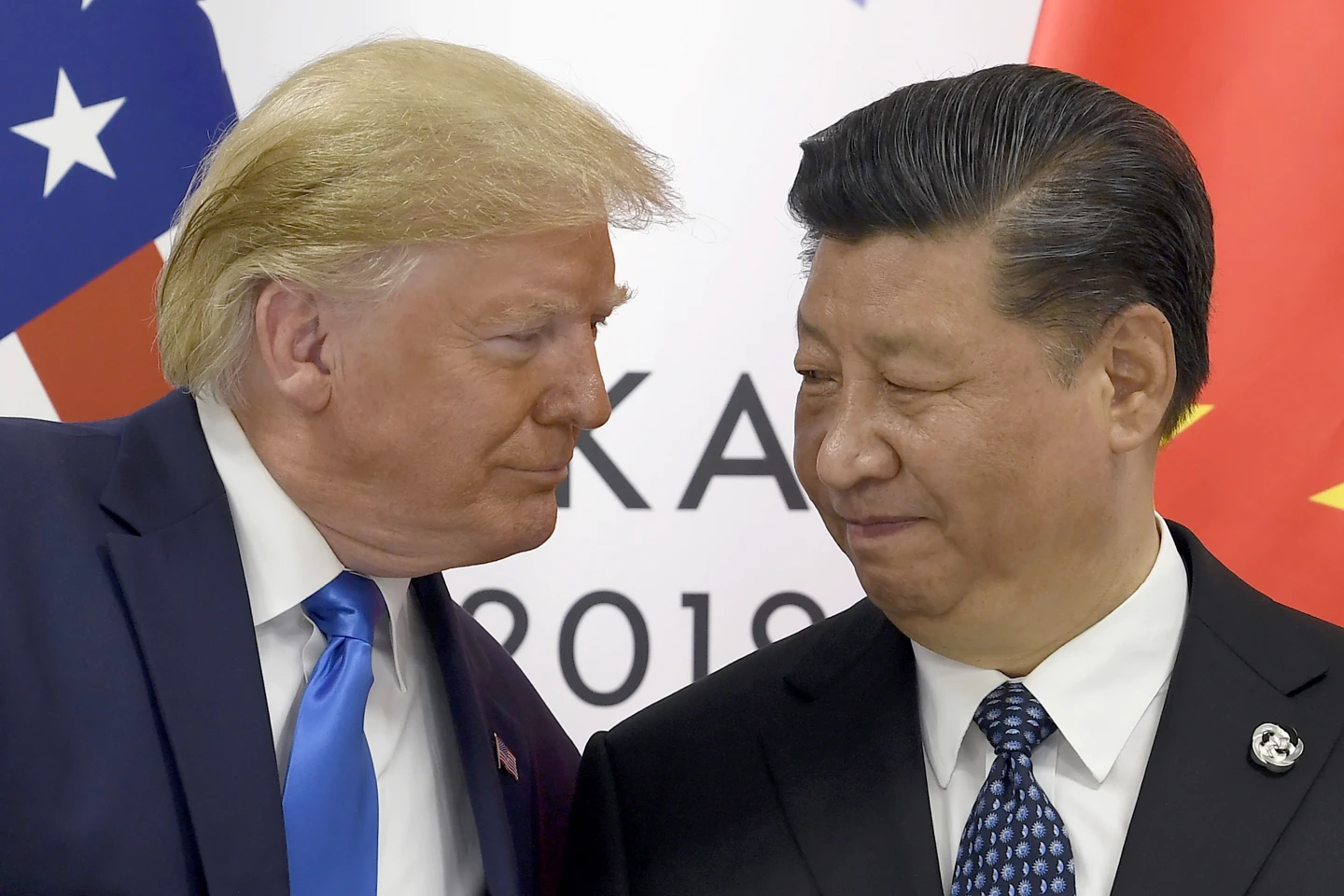Former U.S. President Donald Trump has issued a stern warning to Chinese President Xi Jinping, threatening new tariffs if Beijing delays trade negotiations, in what could mark a return to the combative economic policies of his first term should he win re-election in 2024.
Speaking during a campaign event, Trump said that if China attempts to stall trade discussions until after the U.S. election, “they will pay a much higher price than they would now.” He accused China of trying to wait out the election in hopes of negotiating with a different administration, but vowed that any delay would be met with more punitive tariffs.
The comments revive memories of the prolonged U.S.-China trade war that defined much of Trump’s presidency. During that time, the U.S. imposed hundreds of billions of dollars in tariffs on Chinese goods, prompting retaliatory measures from Beijing and significantly impacting global markets.
Trump claimed that his earlier tariffs brought China to the negotiating table and benefited American manufacturing. “We rebuilt our economy while putting America first,” he said, repeating his campaign message that he would be tougher on China than any other candidate.
The Biden administration has taken a more measured approach to the China trade relationship, maintaining many of Trump’s tariffs while also seeking areas of cooperation, particularly on global supply chains and climate policy. Trump has sharply criticized Biden’s handling of China, claiming it shows weakness and allows Beijing to take advantage of the U.S.
China has not officially responded to Trump’s latest remarks, but Beijing has consistently pushed back against the use of tariffs as a negotiation tool, urging the U.S. to remove what it views as unjust and harmful trade restrictions. Chinese officials have previously said that the tariffs hurt both economies and undermine global trade stability.
Economists are divided on the impact of Trump’s tariffs. While some credit them with raising awareness of U.S.-China trade imbalances, others argue that they disrupted supply chains, raised prices for consumers, and had limited success in reshoring American jobs.
Trump’s comments also come as his campaign ramps up its rhetoric on economic nationalism, trade protectionism, and hardline stances on China—key themes in his 2024 platform. He has pledged to expand tariffs across a wider range of goods and to pressure U.S. companies to bring manufacturing back home.
Analysts say Trump’s warning to Xi reflects his desire to reignite the tough-on-China narrative that helped him win support in key industrial states in 2016. Whether the tactic will resonate again in 2024 remains to be seen, but it signals a potentially more confrontational U.S. trade posture if Trump returns to the White House.
Source; AP News



